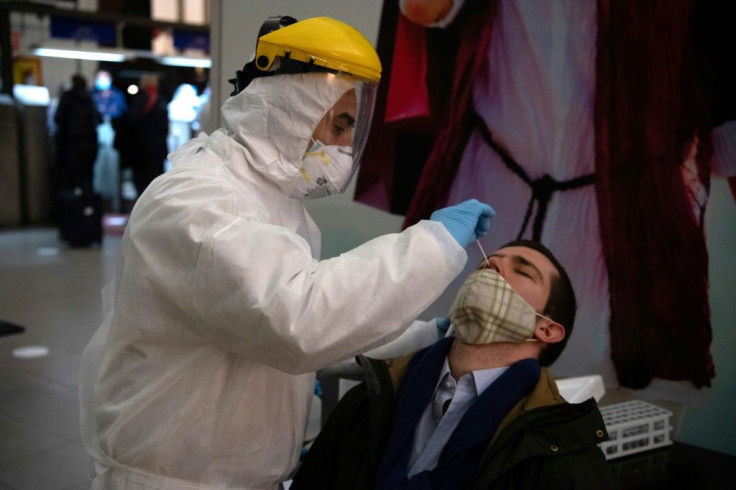National Institute Of Health To Start Drug Trial Of Eli Lilly’s Coronavirus Antibody
The National Institute of Health (NIH), along with its National Institute of Allergy and Infectious Diseases arm, will conduct a Phase 2 clinical trial of Eli Lilly’s (LLY) LY-CoV555 monoclonal antibody. The drug
is being developed in collaboration with AbCellera Biologics, for the therapeutic treatment of COVID-19.
The institute will implement the ACTIV-2 clinical trial that will treat 220 patient volunteers who are infected with the coronavirus and have mild to moderate symptoms but do not require hospitalization. Patients will receive the monoclonal antibody or placebo as part of the clinical trial, which also may test other therapeutics.
If testing of LY-CoV555 shows promise, NIH said it will expand the study into Phase 3 trials to gather a larger pool of volunteers without delay from around the world.
The ACTIV-2 trial was established through NIH’s Accelerating COVID-19 Therapeutic Interventions and Vaccines – a public-private partnership program designed to speed the development of promising treatments and vaccines. The study by NIH is also receiving support from the U.S. government’s Operation Warp Speed to fight COVID-19.
“We have seen encouraging, rapid results from other adaptive treatment trials for COVID-19,” said NIH Director Francis S. Collins, M.D., Ph.D. “Under ACTIV, specific therapeutics are being prioritized based on their likelihood for success. Prioritized therapeutics under ACTIV will use a master protocol that emphasizes flexibility, which enables these critical trials to be conducted without incurring delays when a treatment shows promise.”
Shares of Eli Lilly were trading at $154.01 as of 12:49 p.m. ET, up $1.17 or 0.77%.

© Copyright IBTimes 2024. All rights reserved.





















